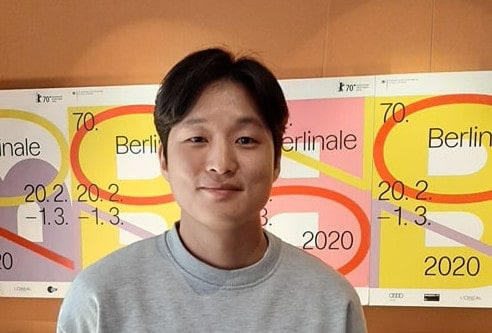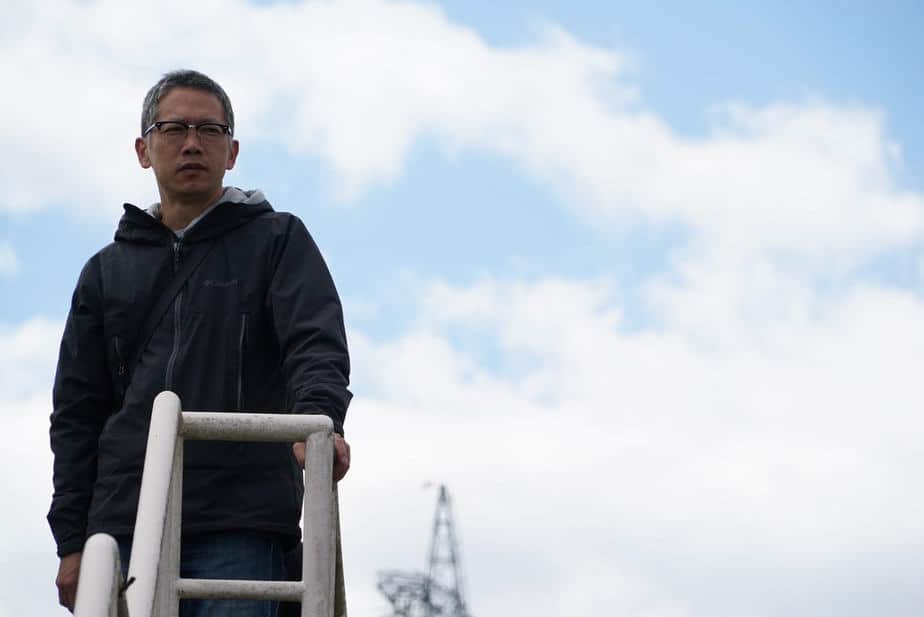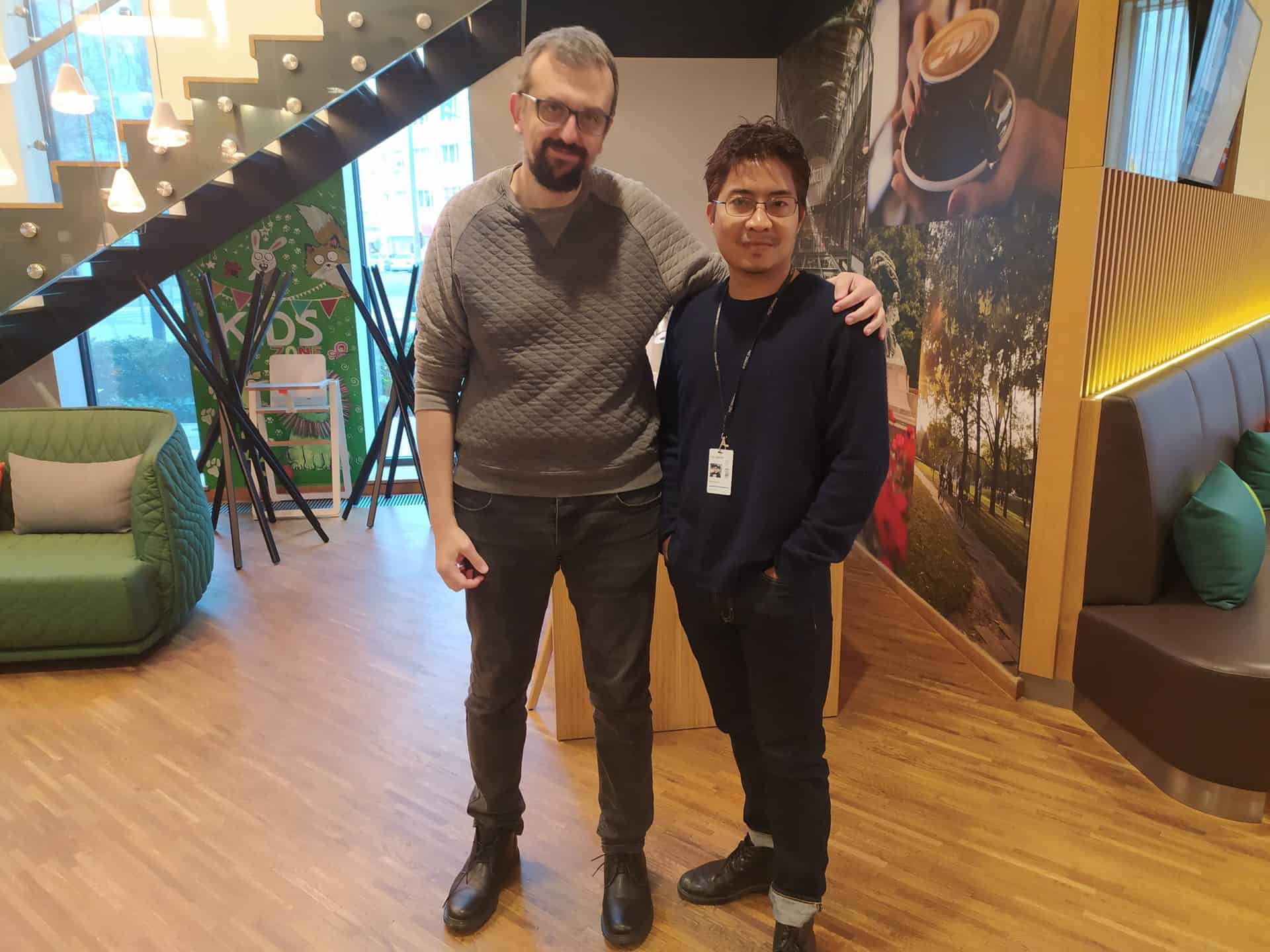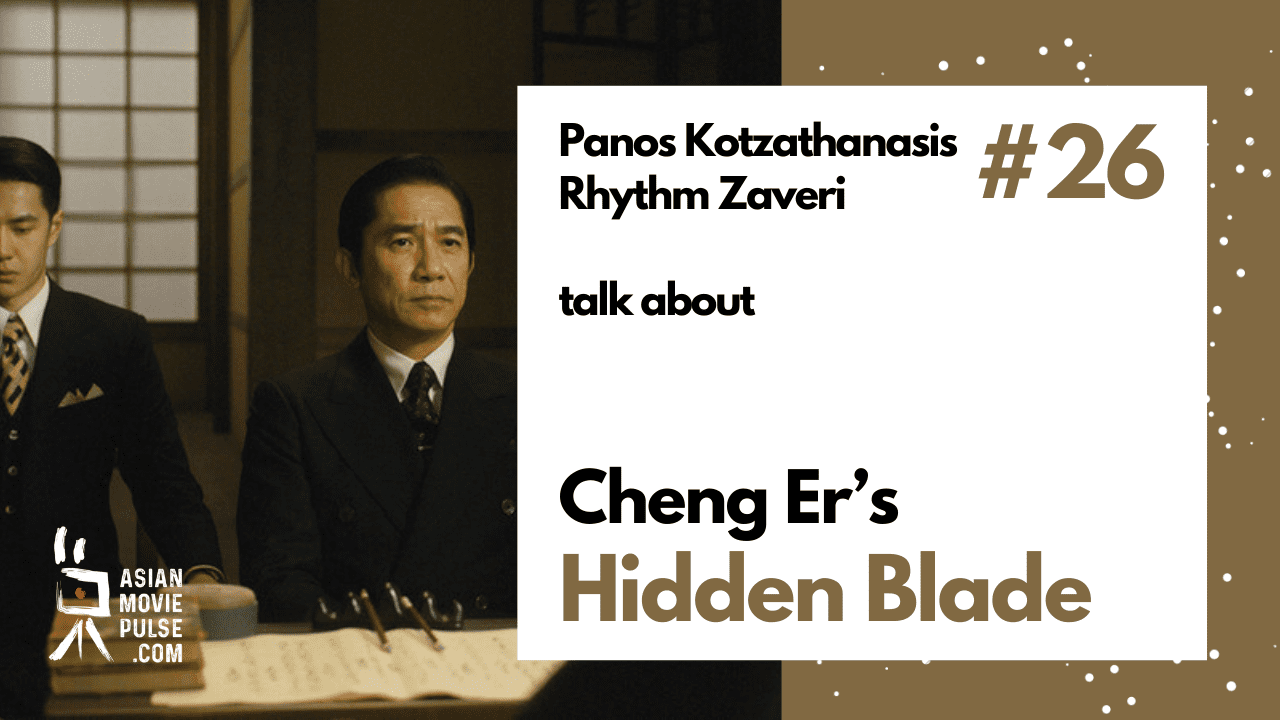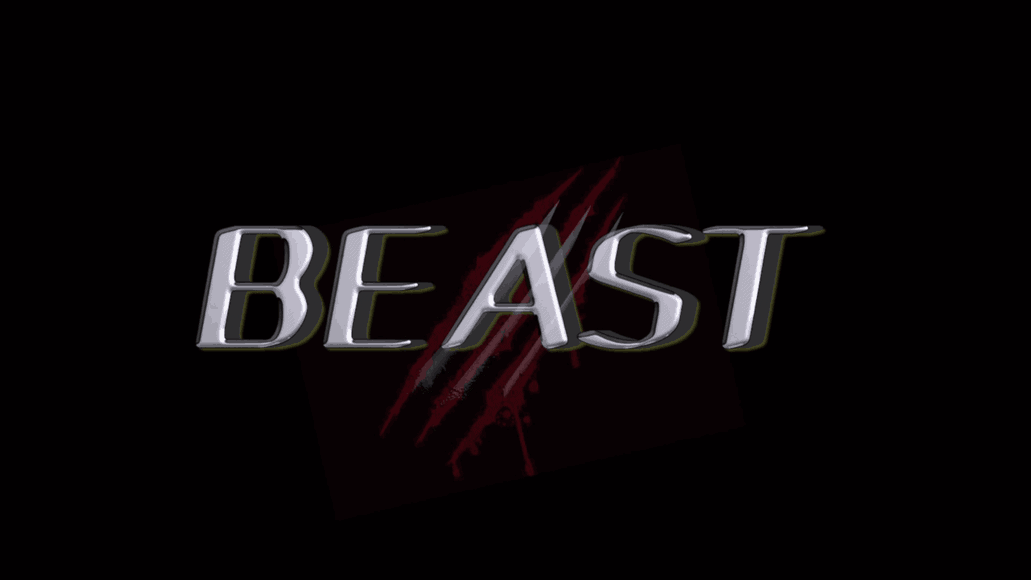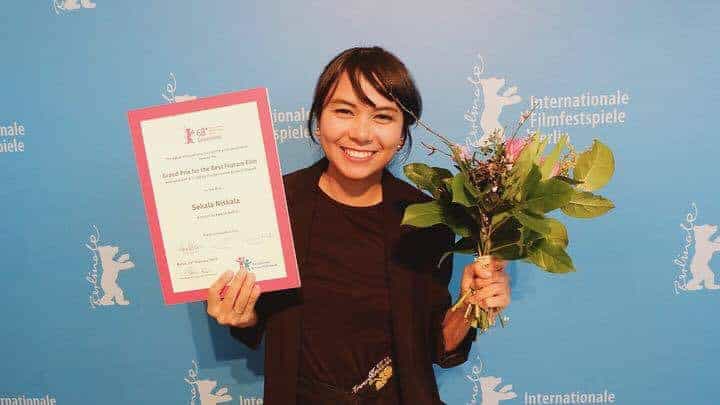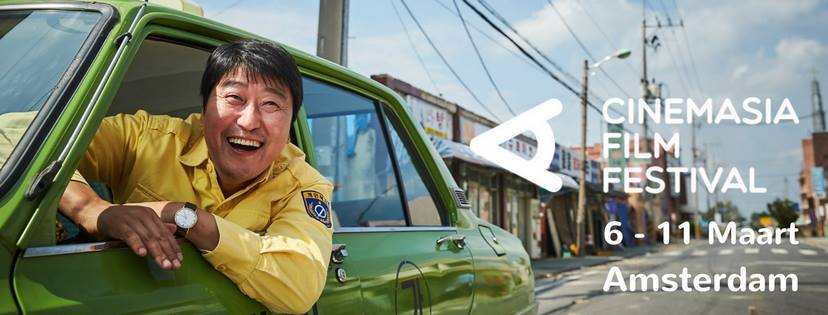Due to the Covid-19 pandemic, the film industry has been suffering big losses since the end of February, when it became obvious that “business as usual” belongs to the past. One after the other, the film festivals were (and still are) announcing cancellations or postponements, with some putting the selection of the already programmed films online in an attempt to find an option to keep it going until the situation stabilizes. In these extreme times, reaching the targeted audience became additionally tricky by an extreme number of contents suddenly being available online, cost-free and consumer friendly. The question of where to (virtually) go and what to watch became a sudden privilege the global internet-consuming community was offered, pushing every film lover into a limbo of sacrificing their passion for the physical cinema experience for the sake of seeing the latest from the world film production. It is not just an incredible sacrifice for the filmmakers, but also for the rest of the film industry that is risking the danger of copyright infringement. Piracy will become an inevitable consequence of the online accessibility with the control of illegal recording being practically impossible.
Particularly bitter is the destiny of films that already world-premiered shortly before the lockdown. Invitations to further film events/ festivals became (or are) uncertain, and consequently – once the lockdown cease to exist, there will be an overflow of films submitted to the festivals, with those already shown online ending up being in disadvantage.
Before realizing that Covid-19 wasn't just a thing happening in China, the Berlinale premiered a number of films that were about to be catapulted, whether in the festival circuit or in the cinemas internationally. One of them was “Time to Hunt” by the Korean director Yoon Sung-hyun, a dystopian tale about a group of four friends with their plan about becoming rich going terribly wrong. Everything looked good after its world premiere at the Berlinale, where it was screened as the Special Gala that belongs to the official out of competition selection. The film was planned to hit the Korean theatres on February 26, and the invites to the festivals around the world were piling up. All of it changed after it became clear that its chances to travel and to be shown to theatre audiences were slim. With the Covid-19 outbreak in Korea, the theatrical release on the domestic ground had to be put on ice. Then the news hit the media that the film was to be internationally released in 190 countries on Netflix on April 10, which never happened. One day short of its “premiere”, we were surprised by the news of the Seoul Central District Court's decision to halt the film's global release on “Netflix” due to the rights dispute between Little Big Pictures and the sales company Contents Panda.
Asian Movie Pulse met the director Yoon Sung-hyun at the Berlinale Palast in an exclusive one-on-one interview to talk about his blood-drenched thriller unique for the Korean cinema by the extensive use of guns, his big influences and the casting choices.

In your sophomore feature-length thriller, you created a retro-dystopian picture of Korea in an unidentified future. Can you tell us something about that place?
First of all, I would like to mention that the film isn't a prediction of a dystopian future. In fact, it's a depiction of the young Korean generation's present reality, and I wanted to visualize their desperation, their emotions and the feeling of being powerless, mirrored in this movie. It's the emotional world that's visualized here, and I borrowed the dystopian elements to create a metaphorical setting for it.
“Time to Hunt” is also a deeply socio-critical film. It depicts capitalism robbing people of their future. Right at the beginning, you are showing big demonstrations and at the same time, the speaker on the radio is talking about 8000 workers fighting for their rights. Can you elaborate a bit?
“Time to Hunt” is not an arthouse movie and from the beginning it was meant to be pure genre. There are some socially critical elements on the surface. It is a suspense thriller, but my perspective on the society is included and the beginning wasn't made in such a way to send messages, at least not intentionally. The film could be admittedly interpreted that way given the demonstrations and the dystopian setting, but those moments are showing the dark side of capitalism, and in Korean history, there were some events that already indicated this kind of reality. We were hit by the financial crisis, we were on the edge of completely collapsing, and I grew up in such an environment. It's only natural that those perspectives and elements are included in this film.
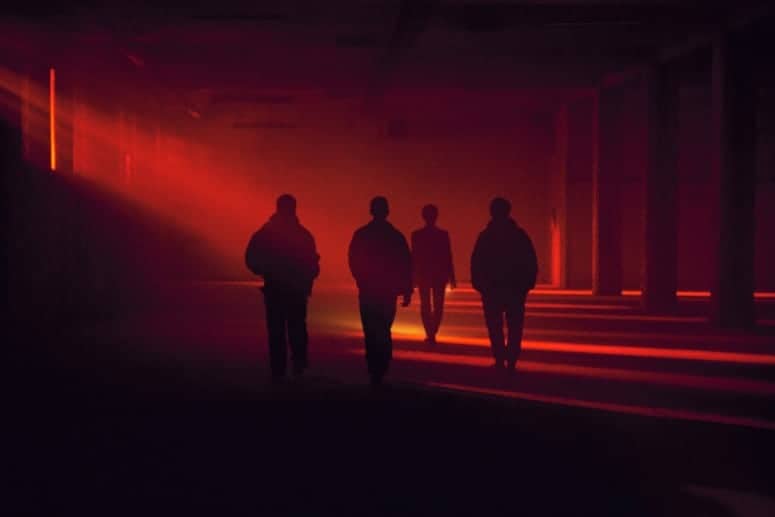
© 2020 Union Investment Partners, Littlebig Productions, Sidus
You painted a very interesting and brutal chase, with the title very fitting to the actual plot. In its epicentre is one of the scariest villains seen in a long time. “Han” is compared to “Terminator” of flash and blood, but he is much more. For his role, you casted an actor known previously only from Korean television series.
I was influenced by lot of movies that I was watching while growing up, for instance “Gravity” or the “Alien” franchise. Han is partially inspired by the truckdriver from Spielberg's “Duel”, and there might be other baddies you could maybe find a connection to, but in essence, I wanted the audience to feel the undefined fear. This character had to be someone whose existence creates dread. And “Han” in that sense is as unfathomable as the great white shark in “Jaws”. You don't have to explain why, but he is the thing you fear. His existence is overwhelming for the other protagonists. This was the way I was building his character. He also stands for the society, for the horror, fear and desperation people feel in their struggle for survival. The character needed to be carefully developed because there is nothing concrete about him. I needed someone who could create not only fear but who could be capable of doing it without having a personal history, and who could embody the nemesis not only by the facial expressions and the scars and tattoos he's sporting, but also by the way he moves or simply is. When I casted Park Hae-soo he wasn't famous at all, at least not on the big screen. He was a theatre actor and I saw him on stage. I was very moved by his acting skills.
Regarding the setting, you must have had a pretty good location scout.
While I was writing the script, I had a dystopian background on my mind and the story was set in the near future, but I couldn't just go for some old abandoned buildings because they didn't generate the feeling that I wanted to get across. I needed something that is new now and that will be destroyed in the future. I went for locations that are real today, and then I altered them with computer programmes, adding sets. If you'd go to see the real shooting locations, you wouldn't be able to recognize them from the film. They were all graphically modified..
You always write scripts for your films. Would you ever give another person to mess with them or even write them completely for you?
I don't have any antipathy towards letting someone touch my script because there are many writers who are better than me. Actually, it's my dream to concentrate only on film directing. So, if someone comes with a good story, I will gladly adapt it.
You've got a stellar cast, and the question that comes automatically to one's mind is if you had any difficulties getting them on board.
I worked with Park Jung-min and Lee Je-Hoon before in my graduation movie ”Bleak Night” and we are really good friends, so it wasn't a problem to get them. And regarding Choi Woo-sik Choi and Ahn Jae-hong, they were my first choice and I was really lucky that they liked my script. So, there were no troubles in casting.
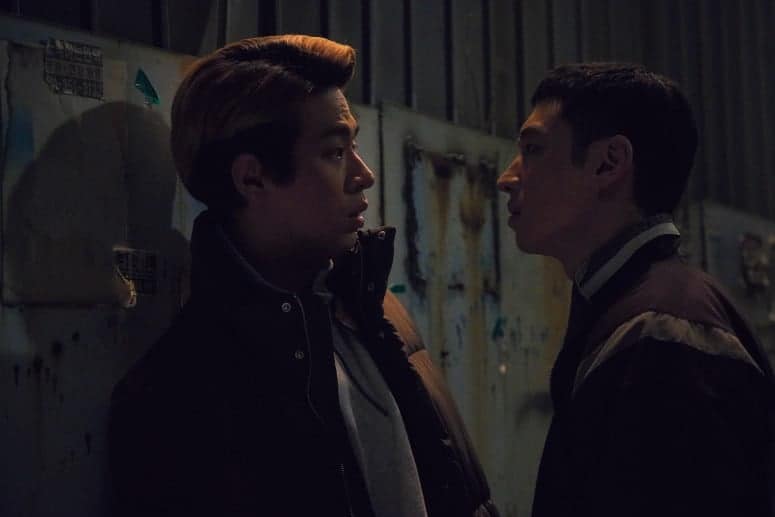
© 2020 Union Investment Partners, Littlebig Pictures, Sidus
Let's talk more about an interesting mix of American and Korean film influences that turned your film in a unique experience.
I grew up with Westerns or the franchises like Alien, Terminator and Mad Max, which is something my generation was consuming. But I also grew up in the Korean society – so all those emotions have also melted in this film. And I think that you can't define this film by only one element. “Time to Hunt” is influenced by many movies, and at the same time, it is filled by typical Korean emotions. So the film has to be understood in the context of the Korean society and the Korean way of storytelling. Because of these core elements, when the wider audience is watching the film, they will recognize bits and pieces from all the mentioned Western influences, particularly regarding the guns, but they will also identify the Korean cinema in it.
We all know that guns are not a part of Korean movies for very logical reason that there is a strict gun control in the country. In “Time to Hunt” the use of heavy weaponry is quite extensive, and the shooting scenes look impressive. How did the training go?
It is not a brainer that I had to have help from experts, not only regarding the stunt scenes but also regarding the gun action, and yet there was a difference in approaching those particular things. The group of young friends in the movie is not supposed to be familiar with guns and they feel uncomfortable using them. Because I wanted to have that feeling represented in the movie, they were trained only for safety reasons. I trained them as little as possible to operate guns, which was completely opposite to Han, because there is no background explanation about his character, just a hint. His body is full of tattoos, he looks menacing and he is comfortable with his weapons, so you can kind of guess what his story is. He might belong to special forces or he might simply be a mercenary, or maybe – he is someone who fought in a war. That's why Park Hae-soo had to be trained by experts.
How do you approach your storytelling?
Whenever I start working on a film, I want to make something that I would want to see as a simple cinemagoer. In the later phase, you are always confronted with the question of commercialisation and the accessibility to the wider audience. But at the beginning, it's always about a film that I want to see, no matter if it's an arthouse or a genre piece. When I address the audience during the Q&A, there are questions I am getting about myself or my subconsciousness. They make me realize some things I wasn't aware of. That is a really important experience to me. I never think about the question that I would like to be asked, and I am usually caught by surprise.


